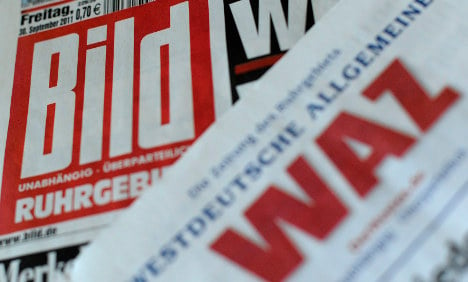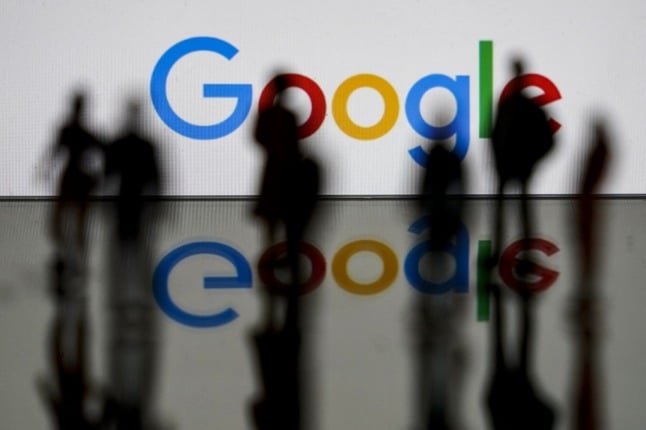Westdeutsche Allgemeine Zeitung Group owns more than 27 daily newspapers across Germany as well as important publications elsewhere in Europe, while Springer owns the Bild tabloid as well as Die Welt and a host of magazines.
The Süddeutsche Zeitung reported on Saturday that Springer had offered €1.4 billion for the whole WAZ group, but had also suggested a series of other, partial purchase offers.
Only a few years ago the WAZ Group had offended Springer with a buy-out offer. At the time Springer CEO Mathias Döpfner had rejected it, saying the two groups did not fit together. Yet now he has sent a five-page letter detailing his offers to the WAZ shareholders.
It has been seen as an attack on the WAZ group – just as it is being shaken by arguments between the heirs of its founders, who each own 50 percent of its shares.
Petra Grotkamp, from the Funke family has reportedly upset her own relatives by offering the shareholding family, the Brosts, €470 million for their share. The Süddeutsche Zeitung said this could lead to court cases.
Grotkamp and the Funke family told Springer on Friday evening they were not interested in the offer. “There is no chance of negotiations with Axel Springer,” they said in a statement.
The Brost family – some of whom are underage – are said to want to sell, but are being represented by the executor of a will.
And while speculation can continue about what Springer might be interested in – perhaps the WAZ-owned Austrian tabloids Krone and Kurier, a range of women’s magazines, or listings magazines – it would seem any kind of sale would be unlikely.
An analysis in Der Spiegel suggested anything less than a full buy-out would be unfitting to Springer’s business style – and even if this were of interest to the WAZ owners, would be viewed very critically by Germany’s cartel office.
The magazine concluded it was likely that Springer had made its bid to muddy the waters within its rival and make it difficult for clear decisions to be made.
The Local/hc



 Please whitelist us to continue reading.
Please whitelist us to continue reading.
Member comments